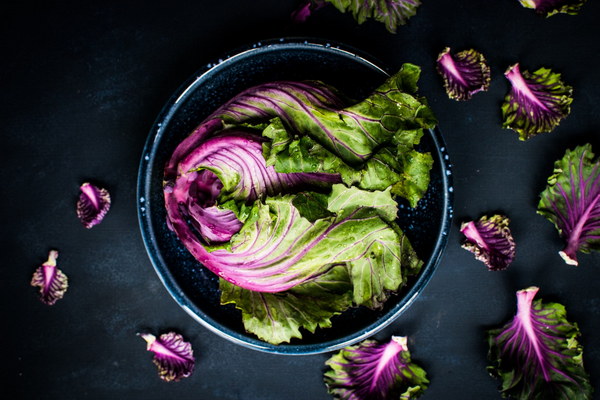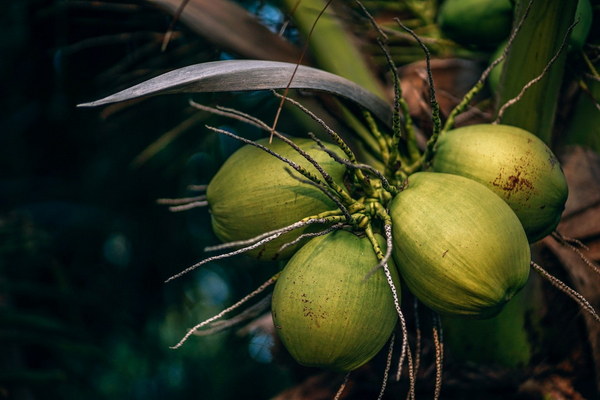Boost Your Lungs with Cabbage A Nutritious and Healing Vegetable
Introduction:
Cabbage, a versatile and nutritious vegetable, has been a staple in many diets for centuries. Known for its rich flavor and versatility, it has also gained popularity for its numerous health benefits. One such benefit is its ability to support lung health. In this article, we will explore the relationship between cabbage and lung health, and how incorporating this leafy green into your diet can contribute to a healthier respiratory system.
What is Cabbage?
Cabbage is a cruciferous vegetable that belongs to the Brassica family, which includes other vegetables such as broccoli, kale, and Brussels sprouts. It comes in various colors, including green, red, and white, each offering unique health benefits. Cabbage is rich in vitamins, minerals, and antioxidants, making it a valuable addition to a balanced diet.
The Benefits of Cabbage for Lung Health:
1. Antioxidants: Cabbage is packed with antioxidants such as vitamin C, vitamin E, and beta-carotene, which help neutralize harmful free radicals and reduce oxidative stress in the body. This can help protect the lungs from damage caused by pollution, smoking, and other environmental factors.
2. Anti-inflammatory Properties: Cabbage contains compounds like glucosinolates and isothiocyanates, which have anti-inflammatory effects. Chronic inflammation in the lungs can lead to conditions such as asthma and chronic obstructive pulmonary disease (COPD). By reducing inflammation, cabbage can help alleviate symptoms and improve lung function.
3. Detoxification: The sulfur-containing compounds in cabbage can help support the liver's detoxification process, which is essential for removing harmful substances from the body. A healthy liver can improve lung function and reduce the risk of respiratory diseases.
4. Improved Immune System: Cabbage is rich in vitamins A and C, which play a crucial role in supporting a strong immune system. A robust immune system can help prevent infections and protect the lungs from harmful pathogens.
5. Low in Calories and High in Fiber: Cabbage is low in calories and high in fiber, making it an excellent choice for weight management. Excess weight can increase the risk of developing respiratory conditions, so incorporating cabbage into your diet can help maintain a healthy weight and reduce the risk of lung diseases.
How to Incorporate Cabbage into Your Diet:
1. Raw: Add shredded cabbage to salads, sandwiches, or as a side dish. The raw form retains all the nutrients and can help boost lung health.

2. Steamed: Steaming cabbage helps preserve its nutritional value while enhancing its flavor. Serve it as a side dish or add it to soups and stews.
3. Sautéed: Sautéing cabbage with garlic, onions, and herbs can create a delicious dish that is both nutritious and flavorful. It pairs well with lean proteins and whole grains.
4. Fermented: Fermented cabbage, such as sauerkraut, is another excellent way to consume cabbage. Fermentation increases the availability of nutrients and can help maintain a healthy gut microbiome, which is essential for overall health, including lung function.
Conclusion:
Cabbage is a nutritious and versatile vegetable that can contribute to lung health in several ways. Its high antioxidant content, anti-inflammatory properties, and ability to support detoxification make it an excellent choice for those looking to improve their respiratory health. Incorporate cabbage into your diet in various forms, and enjoy the benefits of this leafy green powerhouse.









